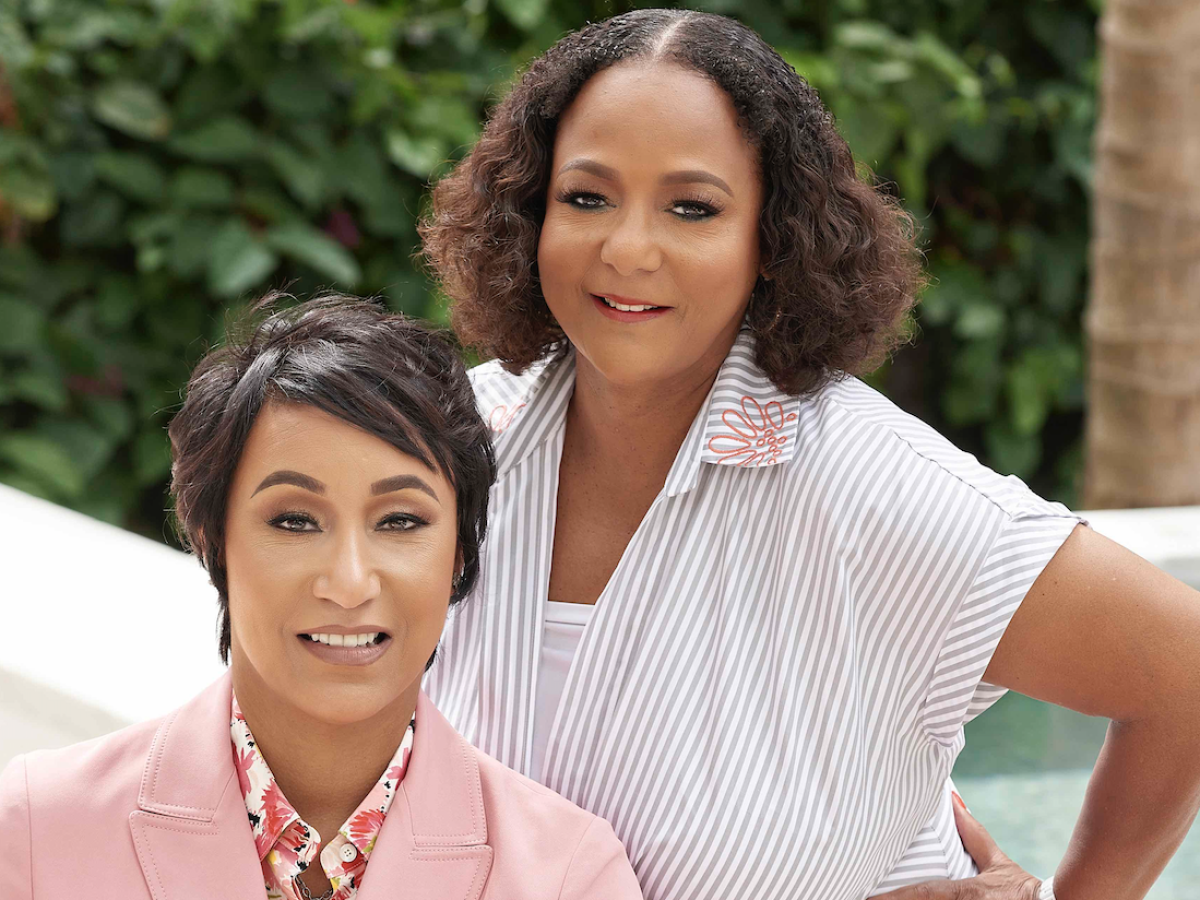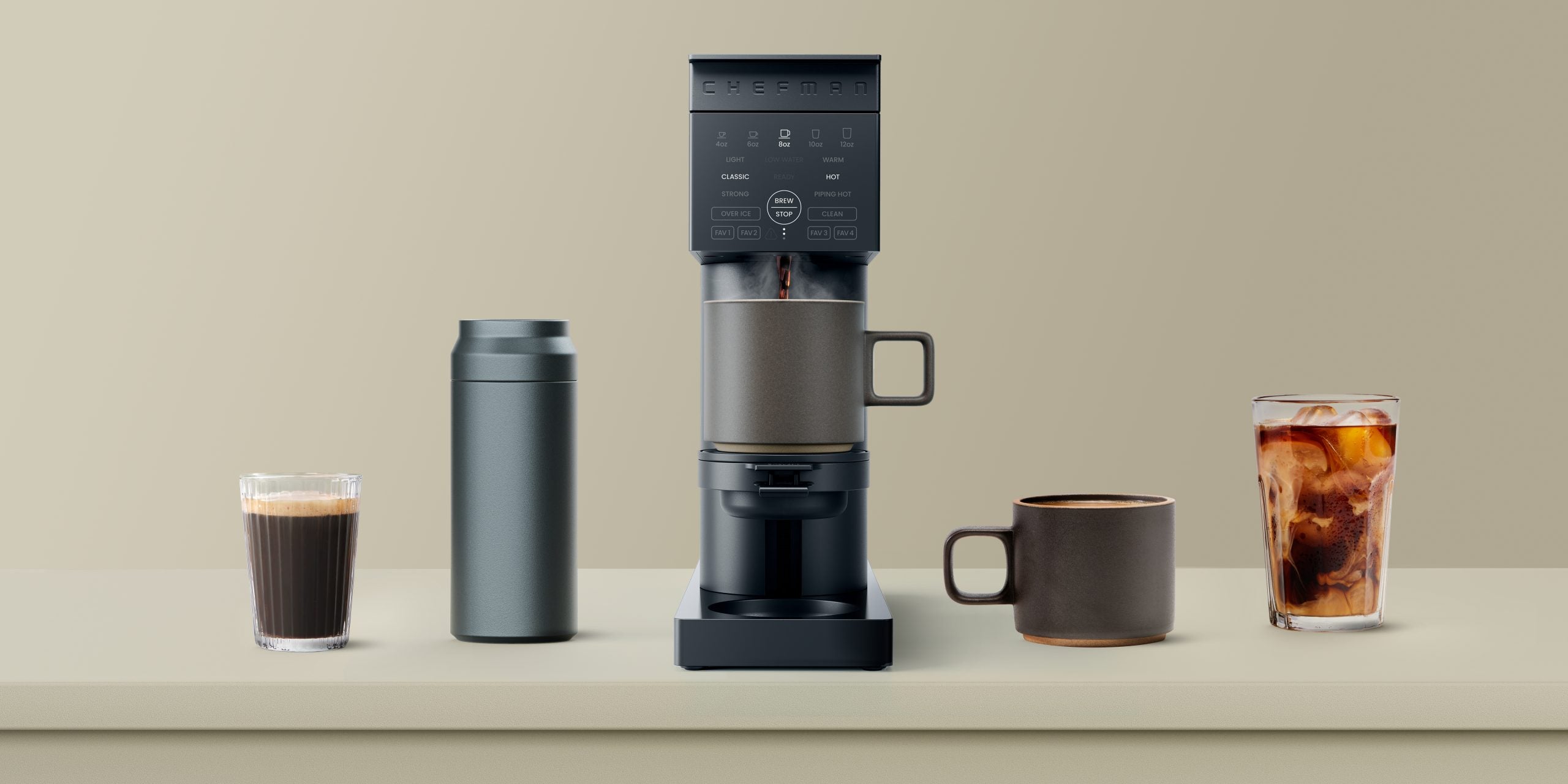
Most of us remember walking the department store aisles with the Black women in our lives and seeing the beautiful displays flanked with Fashion Fair cosmetics.
The Chicago-based legendary brand was created in 1973 by Eunice Johnson (of Johnson Publishing) with the Black women in mind who weren’t thought of when other leading cosmetics companies formulated their products. The landmark company was one of the first to center darker skin tones.
And after being gone for a bit of time, they’re back.
In June 2019 Desirée Rogers, former CEO of Johnson Publishing, and Cheryl Mayberry McKissack, Johnson’s former COO joined forces to buy Black Opal from the founder’s estate. A few months later in November, they bought out Fashion Fair after the bankrupt brand was auctioned. This major move comes at a time when inclusivity is newly becoming prioritized for other beauty brands, something that Fashion Fair and Black Opal focused on before it was trendy.
Now, Rogers and McKissack are meeting customers where they currently are to bring back the products we’ve all grown up with. “I think it’s very important for us to realize that African Americans spend so much time in the beauty industry space, but own so little,” Rogers said.
She’s right. In 2017 alone Black women spent $127 million on grooming aids and $465 million on makeup but own nearly a fraction of the businesses supplying the products.
For McKissack and Rogers, a big part of bringing the brands back to shelves meant understanding the evolving market they’re reentering. “You have to really look at the marketplace and take note of the changes that have happened over the last 48 years since the company was founded,” McKissack shared about Fashion Fair. “The world has evolved. The way people learn about skin tone isn’t the same and the internet is a huge part of this.”
That’s a major reason why Black Opal is working with young Hollywood and social media sensations like Ryan Destiny, and the brands are no longer exclusively sold at department stores but on Sephora.com and the companies’ respective websites. Fashion Fair can also be found on Sephora shelves, and Black Opal at Ulta along with most drug stores. This accessibility is something makeup aficionados will surely appreciate.
Another way the brands have kept newer customers in mind is with their refreshed product formulations, which now lead with vegan ingredients. “We wanted to make sure when we returned to the market, we not only made our customers look good, but we were doing something good for them,” McKissack explained about the clean products.







The legendary brands’ returns feel just right. After a year of the world taking a closer look at equity and inclusion, Fashion Fair and Black Opal serve as reminders that diverse skin tones should’ve always been top of mind. Make no mistake, they’re not new to this.
“One thing I really want our newer customers to know is we’ve been doing this for a very long time,” Rogers said. “There’s plenty of room for everybody, but I want it to be widely understood we have a long history and expertise in the area and we’re working very hard to listen to what customers are saying in a quickly evolving industry.”
Fashion Fair is available at Sephora stores and Sephora.com. Black Opal is available at Walmart, CVS, Rite Aid, Target, and Ulta.






